Moscow, April 13, (V7N)- Keith Kellogg, US President Donald Trump’s special envoy to Ukraine, suggested British and French troops could adopt zones of control in the country, in an interview with The Times newspaper published Saturday.
“You’re west of the (Dnipro), which is a major obstacle,” Kellogg said, adding that the force would therefore “not be provocative at all” to Russia.
He suggested that a demilitarised zone could be implemented along the existing lines of control in eastern Ukraine, The Times said.
Meanwhile, US envoy Steve Witkoff wrapped up his latest talks with Russia's Vladimir Putin on Friday.
Trump has been pressing Moscow and Kyiv to agree a ceasefire deal but has failed to extract any major concessions from the Kremlin, despite repeated negotiations between Russian and US officials.
Spokesman Dmitry Peskov had said earlier that he expected no diplomatic "breakthroughs" from the talks -- Witkoff's third with Putin since February.
He also said "maybe" to a question about whether a possible meeting between Putin and Trump would be discussed.
‘Reassurance force’
Kellogg later clarified his position, posting on X.
“I was speaking of a post-ceasefire resiliency force in support of Ukraine’s sovereignty. In discussions of partitioning, I was referencing areas or zones of responsibility for an allied force (without US troops). I was NOT referring to a partitioning of Ukraine,” he said.
Britain and France are spearheading talks among a 30-nation “coalition of the willing” on potentially deploying forces to Ukraine to shore up any ceasefire Trump may strike.
London and Paris describe the possible deployment as a “reassurance force” aimed at offering Ukraine some kind of security guarantee.
But many questions remain unanswered, from the size of any force, to who would contribute, what the mandate would be and whether the United States would back it up.
Putin, in power for 25 years and repeatedly elected in votes with no competition, has often questioned Volodymyr Zelensky’s “legitimacy” as president, after the Ukrainian leader’s initial five-year mandate ended in May 2024.
Under Ukrainian law, elections are suspended during times of major military conflict, and Zelensky’s domestic opponents have all said no ballots should be held until after the conflict.
“If you get to a ceasefire, you’re going to have elections,” said Kellogg.
“I think Zelensky is open to do that once you get to a ceasefire and once you get some resolution. But that’s a call for the Ukrainian people in the Ukrainian parliament. Not ours.”
Kellogg said relations between Ukraine and the United States were now “back on track”, citing resumed talks over a proposed deal on Ukraine’s mineral resources.
He said officials would try to turn a “business deal” into a “diplomatic deal” over the coming days.
END/MSS/RH/



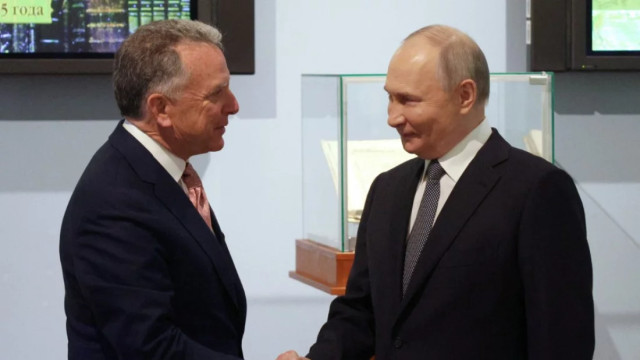
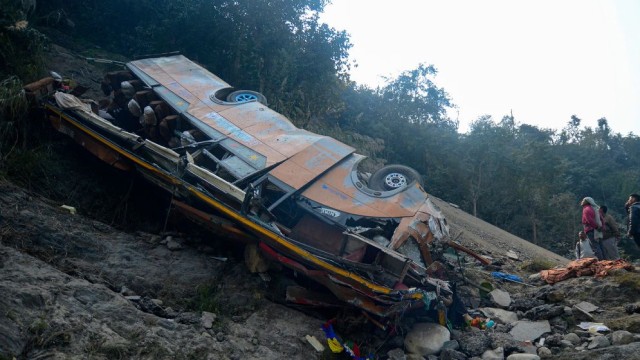
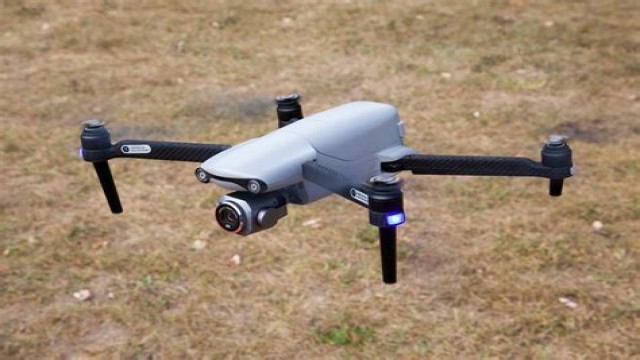


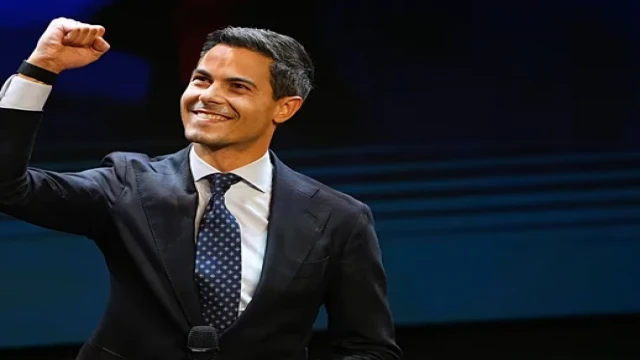
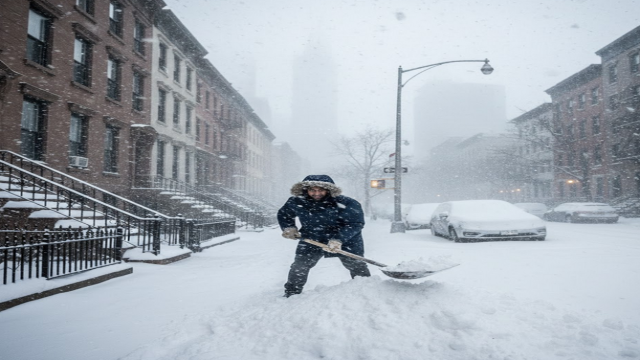
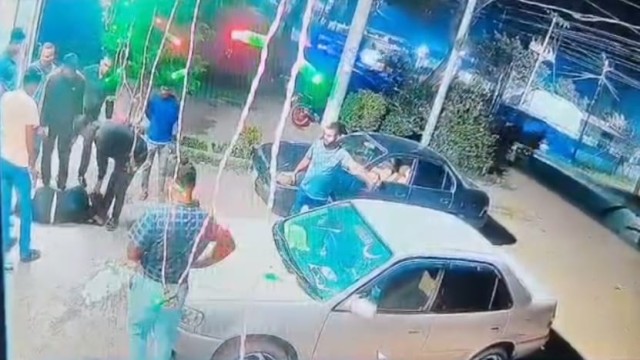
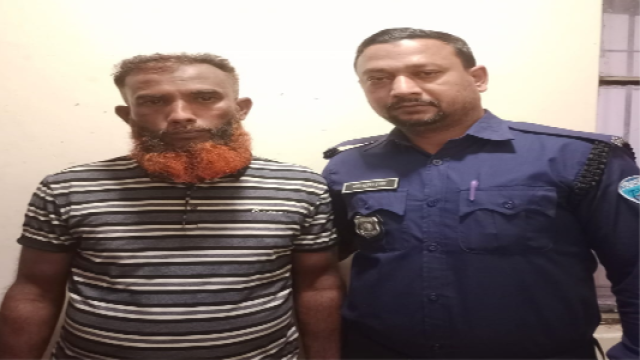



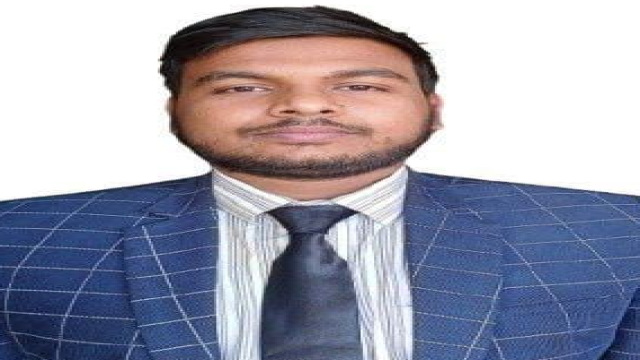
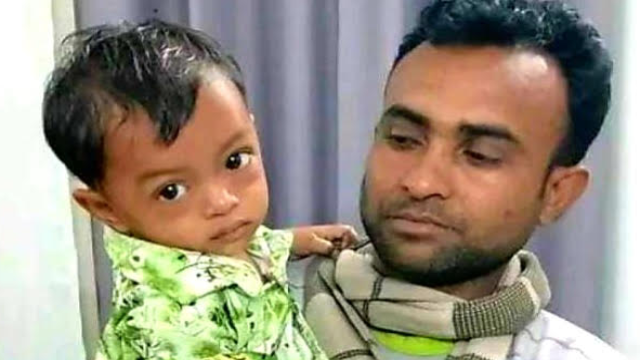
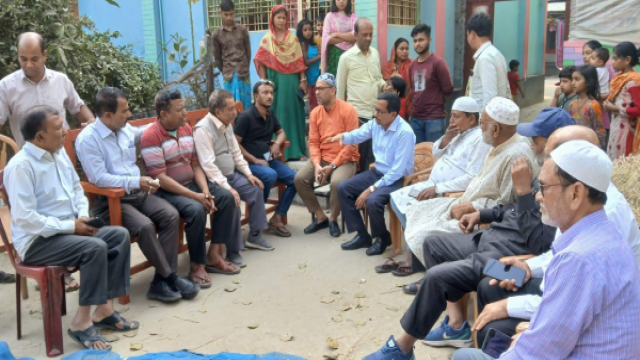
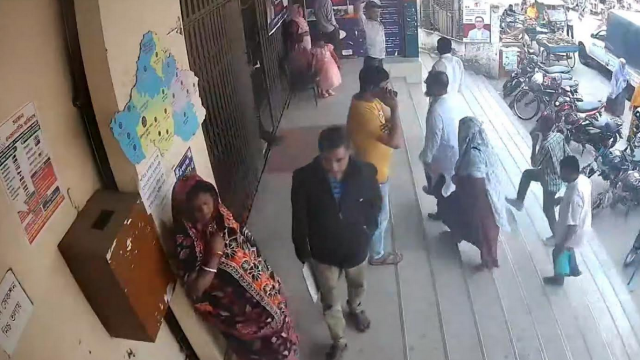
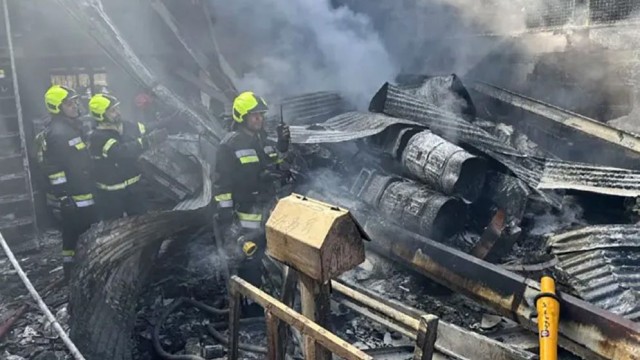






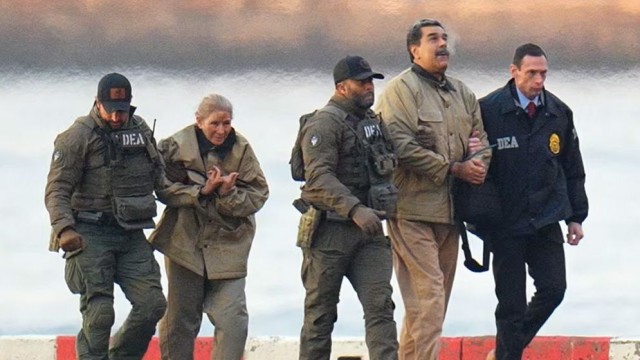




Comment: